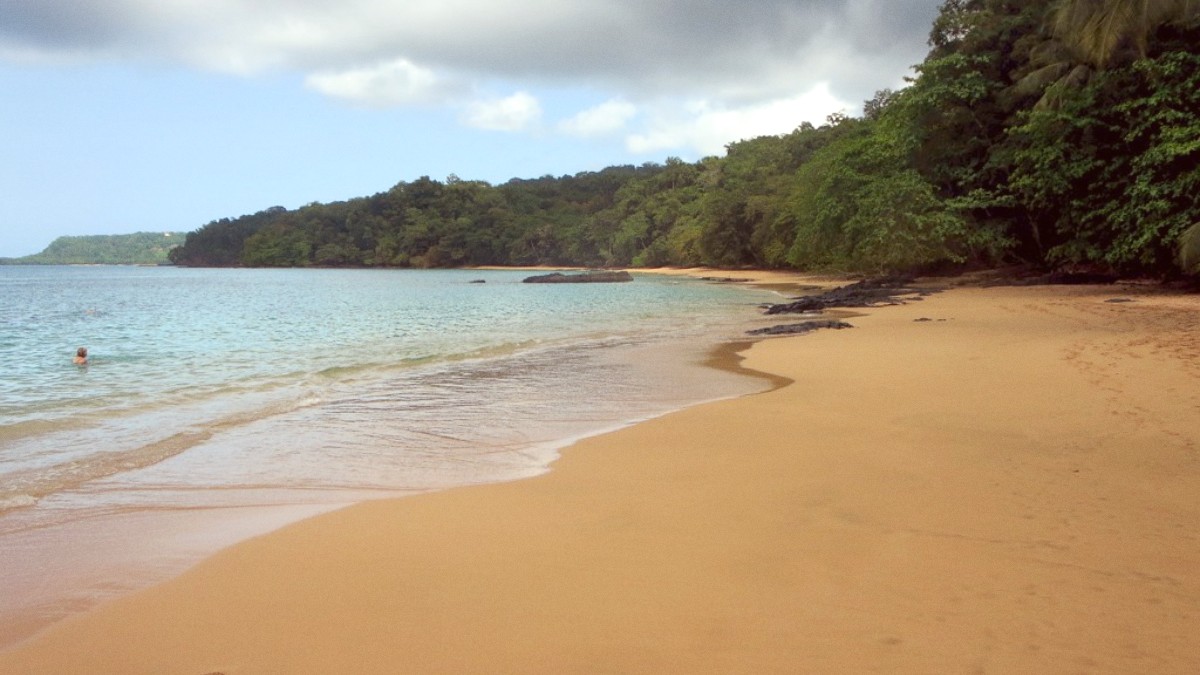
Sao Tome Principe
Parque Natural Obô das São Tomé protects rainforests, unique endemic species, and hydrological systems.
Efforts for Marine Protected Areas secure coral reefs and fish stocks. Tartaruga.st monitors turtle nesting beaches like Praia Jalé.
Minimize waste, bring reusable items, and dispose of non-biodegradable waste thoughtfully. Seek eco-lodges with sustainable practices.
Your interactions influence the perception of visitors and foster positive impacts.
Waste management on the island, especially outside the capital, presents challenges. Recycling infrastructure is minimal.
Preservation efforts focus on unique Creole culture, music, dance, and oral traditions.
Direct financial contributions to the local economy bring direct benefits to the community.
Awareness of exploitation and thoughtful giving shape positive interactions.
For outdoor pursuits, consider sustainable gear from brands like Patagonia. Their products meet high environmental standards.
Explore PatagoniaCarry reusable items from Package Free Shop. This helps in minimizing your environmental footprint.
Shop Eco-FriendlyYour visit to Sao Tome represents a privilege. Approach your trip with an open mind, respect, and a desire to learn and contribute positively to the local community and environment.
Your travels present an opportunity to benefit the local economy directly and responsibly.
Supporting local guides and guesthouses puts financial benefits directly into the community.
Prioritize buying goods directly from farmers and artisans, or from fair trade shops.
Awareness of potentially harmful situations is prudent.
For charitable inclinations, structured giving is recommended.
Direct support for local businesses strengthens the community.
Dining at 'leca-leca' restaurants puts income directly into local families' hands.
Choosing 'aluguers' (shared taxis) or private taxis from local drivers keeps money circulating locally.
Deepen your travel experience by observing local customs and being mindful of cultural distinctions.
Even a few Portuguese words show respect and foster positive interactions.
Dress codes are generally casual, but modesty remains valued.
Taking photos of landscapes and public scenes is generally fine, but personal photography calls for consent.
Certain subjects call for caution and respectful consideration during conversation.
When visiting churches or other sacred locations, proper decorum shows reverence.
Infrastructure for travelers with mobility needs is limited. Sidewalks are uneven or absent. Many buildings and transport lack ramps.
Few attractions are explicitly accessible. Planning with a specialized tour operator who can arrange adapted private transport is a necessity.